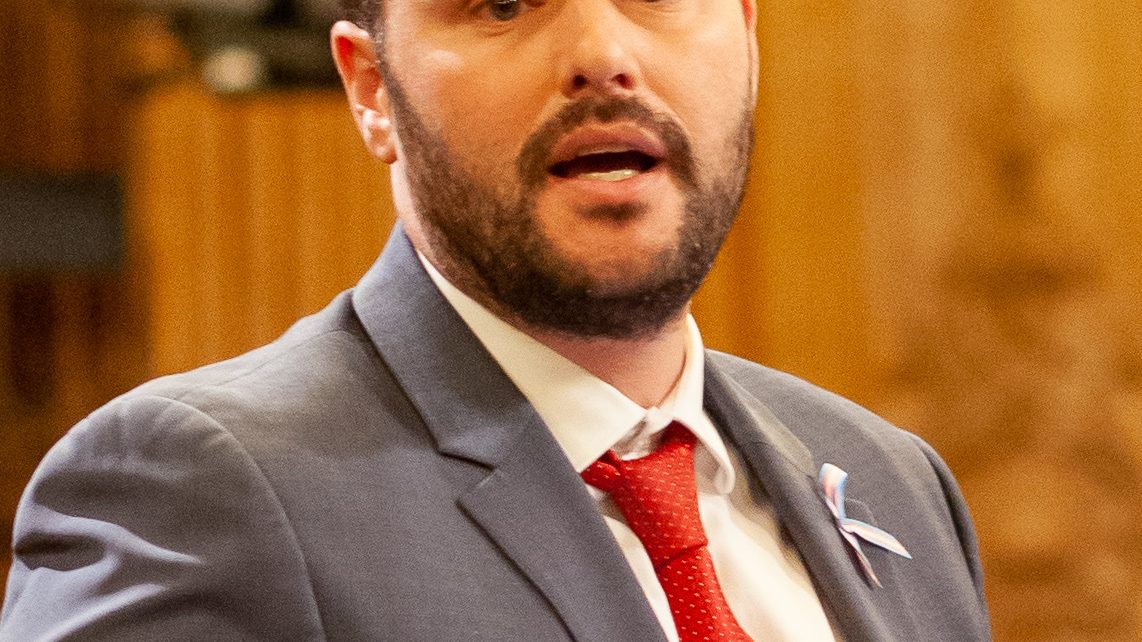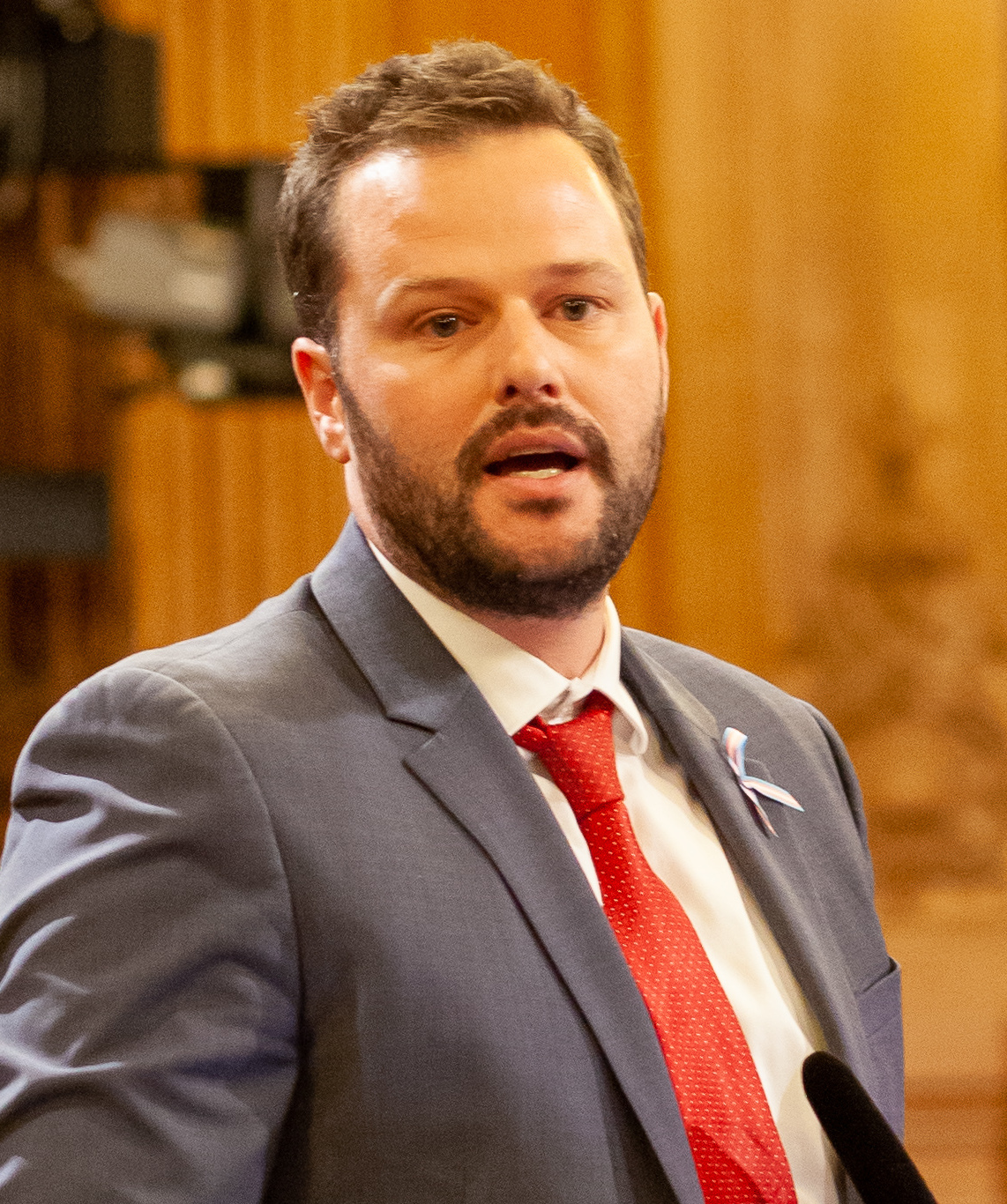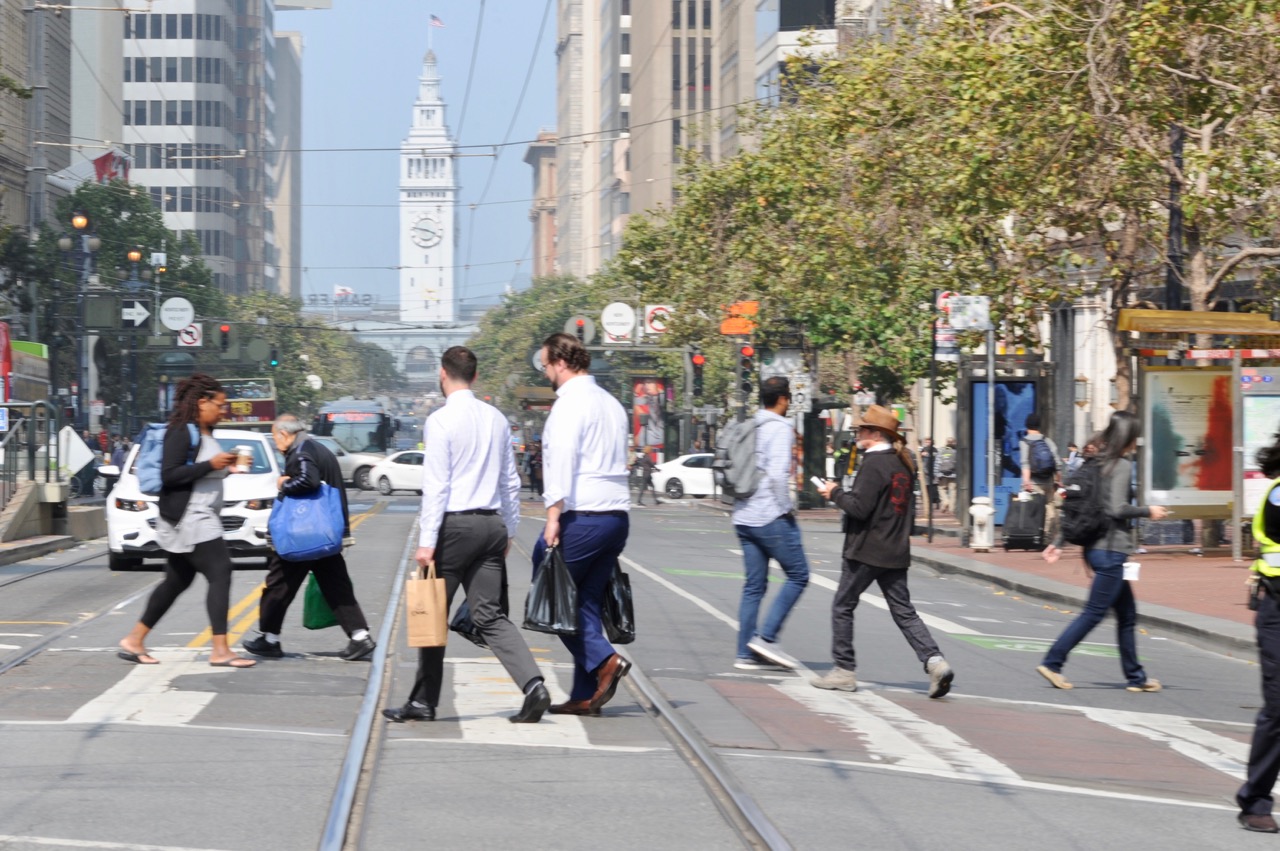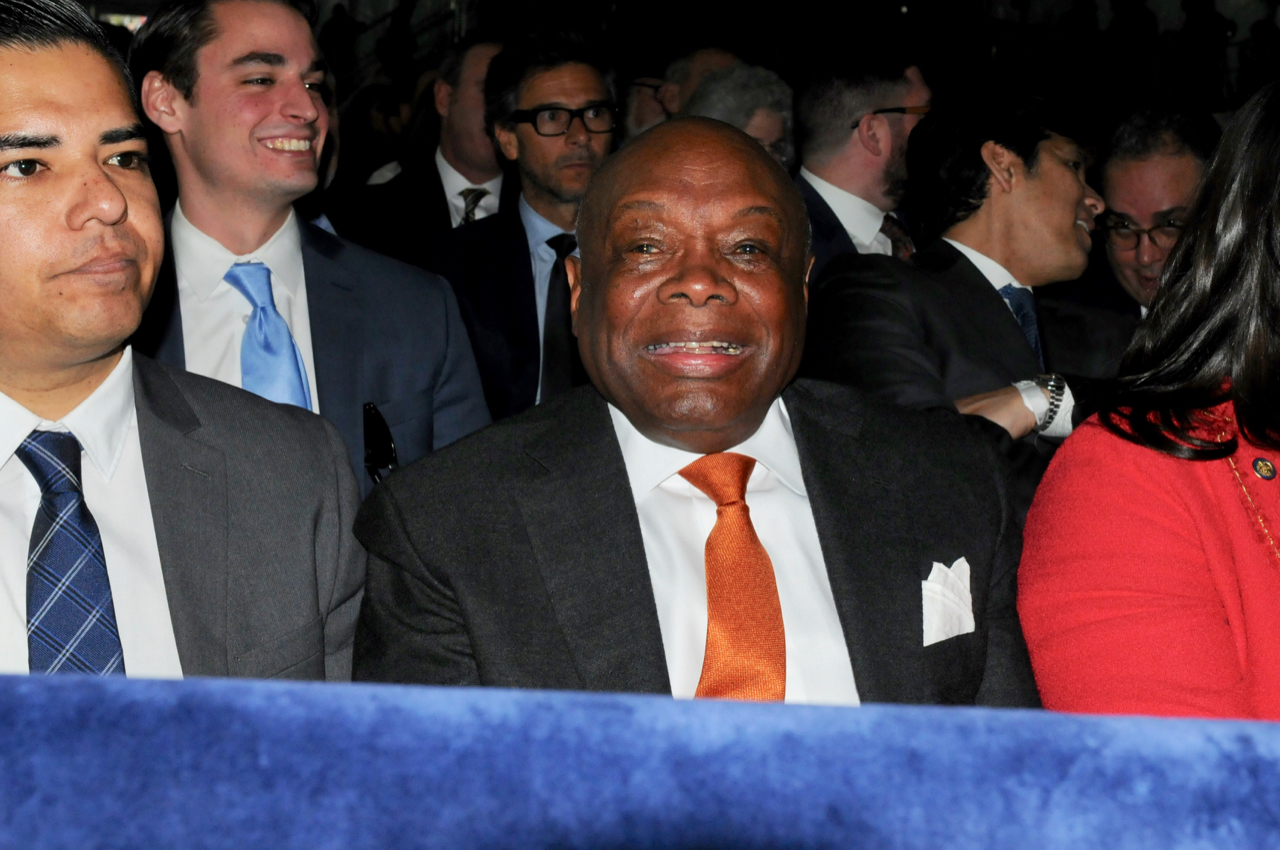
r Matt Haney. (Photo: Wikipedia)
San Francisco Voters Pass ‘Overpaid Executive Tax’
Proposition L will charge companies more on taxes if executive pay 100 times or more that ‘typical workers’
By Evan Symon, November 6, 2020 2:57 pm

On Thursday, it was formally announced that San Francisco’s Proposition L passed in San Francisco, raising annual business taxes for companies that do business in the city if executives are paid drastically more than normal employees.
Prop L, also known as the “Overpaid Executive Tax”, was conceived by San Francisco Supervisor Matt Haney earlier this year. The Proposition will raise annual business taxes by .1% for for every time executive pay is more than “typical local worker pay” by a factor of 100. For example, if executive pay is 100 times more than worker pay, their taxes will go up by .1%.If it is 200 times more, it will go up to .2%. And this will continue on before hitting the cap of .6%.
The tax will also effect all companies that currently conduct business in San Francisco, not just local companies such as Uber and Salesforce. This will include banks, restaurant chains, and other out-of-city and out-of-state businesses.
Haney wrote Proposition L in response to the growing executive-worker wage gap. In his argument, Haney said that executive salaries had increased by 940% since 1990 while average employee salaries only went up by 11%. He said that this was economic inequality, and argued that the estimated $140 million a year this would bring in for the city would go toward public health systems, which help the poorer residents of the city and also help prepare for another COVID-19 surge.
“Prop L incentivizes companies to invest in their workers, not just their executives,” said Haney earlier this year about Prop L. “Corporations can easily avoid the tax by simply paying their executives less or by raising their employees’ wages.”
In a later Twitter post, he also added that “The measure will bring in up to $140 million, which we will use to support our health and public health systems, which are deeply strained from the consequences of inequality. We will hire nurses, social workers and emergency responders, and expand access and treatment.”
While many city leaders and inequality groups supported Prop L, many city business and economic leaders opposed it, saying that it would force many businesses to leave the city, would hurt many companies at a time where many are barely hanging on financially due to the governor’s state lockdown measures, and would halt business and growth throughout the city.
“Companies would reduce or stop hiring low-level employees as an answer to this measures, if it should pass,” explained former Mayoral candidate Richie Greenberg. “Such a tax would most likely prevent the attraction of new businesses to relocate to San Francisco, at such a time as we are seeing unprecedented economic downturn due to the pandemic.”
Reactions, consequences to the passage of Prop L
However, Prop L passed easily in San Francisco by a final result of 65% in favor of passage to 35% against. Exit polling showed that many voters were enamored of the new tax and largely agreed with Haney that executives were excessively paid.
“San Francisco passed Prop L–a first in the nation Overpaid Executive Tax (CEO tax) on any corporation that pays their top executive over 100x their typical local worker,” said Haney in a Tweet after the election. “With over 65% of votes, it won in nearly every precinct. Voters are demanding we take action on inequality.”
“The results show that San Franciscans are concerned about growing economic inequality,” added Haney in a later statement. “The very wealthy are gaining more and more. They’ve gotten much richer during the pandemic, while everyone else has remained stagnant.”
San Francisco passed Prop L–a first in the nation Overpaid Executive Tax (CEO tax) on any corporation that pays their top executive over 100x their typical local worker.
With over 65% of votes, it won in nearly every precinct.
Voters are demanding we take action on inequality.
— Matt Haney (@MattHaneySF) November 4, 2020
However, many economic experts have said that this could be disastrous for San Francisco in the coming years.
“They just put a large, special tax on every kind of business in the city,” explained San Francisco-based economist Michael Grimaldi. “What we’re going to see is a lot of businesses getting completely out of San Francisco and into nearby cities and suburbs. It’s starting to happen to Portland, Ore. now after they passed a similar tax a few years ago, and San Francisco, a much larger market with more expensive rent, could scare even more companies away.
“And look at the timing. COVID-19 is around. So a lot of big companies are looking at ways to save money. And pulling out of San Francisco where they are paying an extra tax in favor of keeping a branch or offices in, say, Oakland or Daly City, then that works for them. San Francisco says they are going to get $140 million yearly, but that was just the best case scenario for them. It’s going to likely be more around $60 million, and that’s if companies don’t bail on the city, which many probably will. Every company affected is probably doing cost analysis right now on staying in San Francisco or moving completely out.”
“The people of San Francisco just told companies that they don’t think that they know what they’re doing by paying executives a lot more and that they’ll take away more money as a result. And a lot of companies will not respond well to that, especially companies that have been hurt by COVID-19 and are now being hurt even more by the tax for the purpose of helping people during COVID-19.
“The logic is crazy when you think about it.”
Final voting results are expected soon on both citywide propositions in San Francisco, as well as statewide propositions.





It should first apply to tax payer funded local officials. We have city leaders up and down this state being paid upwards of 400,000. with pensions., while low level administrative employees barely make 10% percent of that.
CEO’s will use work arounds that have stock options. They will pay themselves minimally and get compensated with stock.
Along with killing off small business, kiss big business good bye. That adds up to less private sector jobs.
Just hang a big sign on the Golden Gate Bridge, San Francsico is closed for business.
Tax and spend, tax and spend, tax and spend….
Sure to solve the challenge of inequity.????????
Ha! Since the (overpaid) executives run the companies they are going to be relocating or changing their business practices to avoid the SF Marxists. I hope San Fransicko becomes a ghost town with no tax revenue at all. They certainly want it and I support their efforts. 🙂
I agree CW, I support their efforts as well????